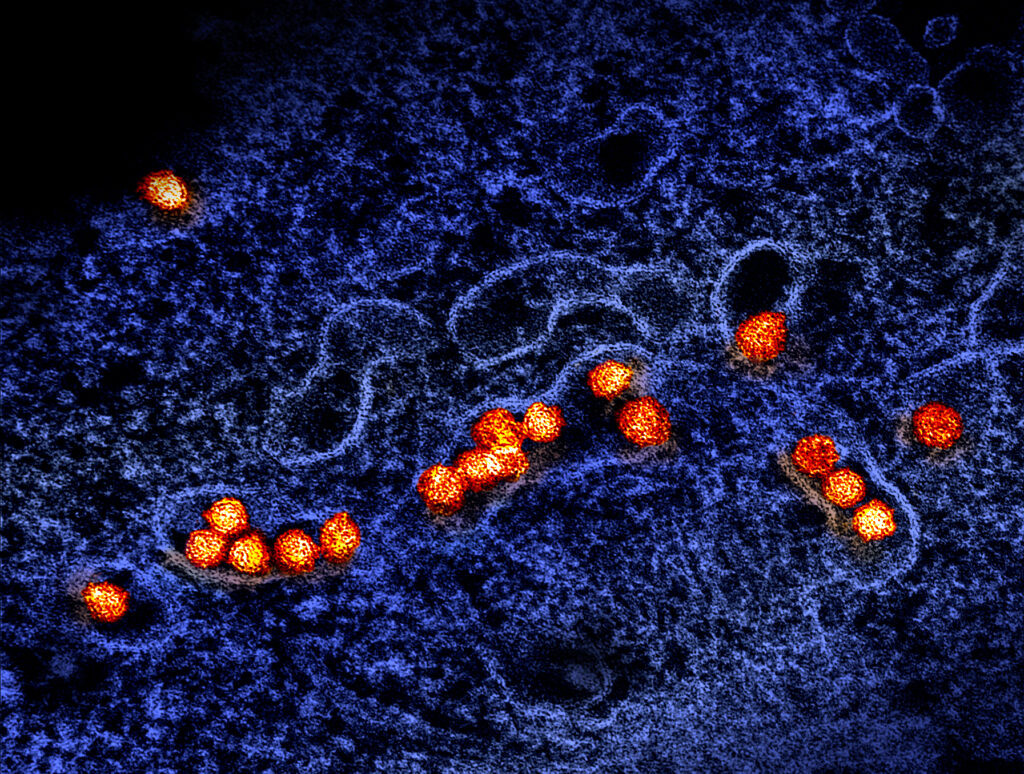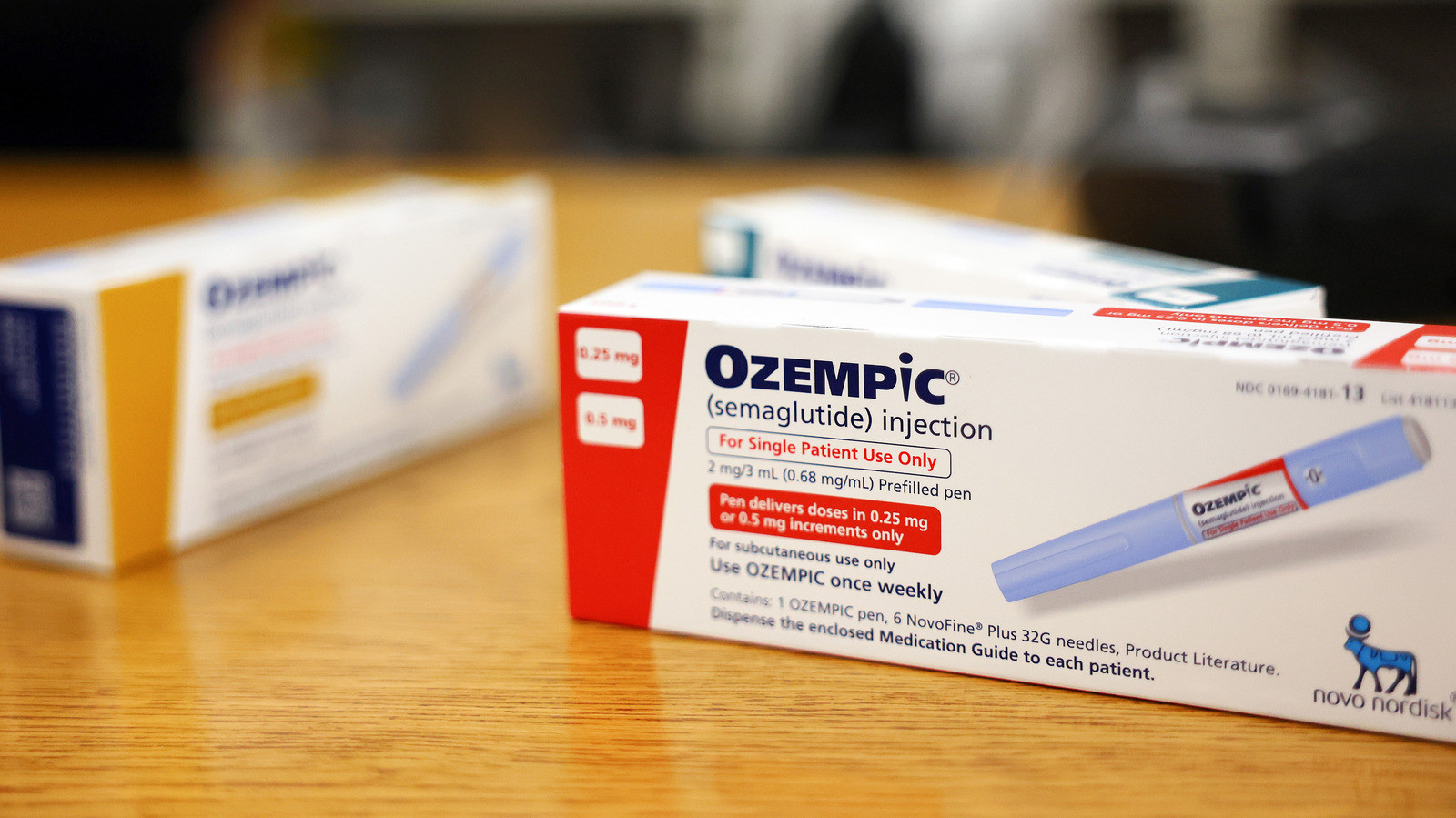People across the UK are being warned not to eat mustard if they have a peanut allergy after fears mustard supplies have been contaminated. The Food Standards Agency has warned anyone with a peanut allergy to avoid any mustard containing product, including sandwiches, pre packed sandwiches, wraps, dips, sauces and salads. Such mustard products could contain traces of peanut, potentially causing severe reactions for those with an allergy.
The FSA is working to establish the source of the contamination. A spokesman said: “We have traced the contaminated mustard ingredients to a producer in India called GT Agro Industries and have identified one company who has supplied these ingredients for use in UK food.
The UK company affected, FGS Ingredients Ltd, has advised customers to remove from sale products containing the contaminated mustard ingredients. There is no evidence other suppliers are affected so far, the agency added.
Products Recalled Due to Peanut Contamination
The list of products being recalled is extensive and includes a variety of popular grocery items sold across numerous retailers. The Food Standards Agency has published a comprehensive list of these products.
The FSA is urging consumers with peanut allergies to be cautious and avoid consuming any products containing mustard until the full extent of the contamination is determined. Parents and carers of children with peanut allergies are advised to check food labels carefully and inquire about the ingredients of food purchased from restaurants or take-away outlets.
How to Identify a Potential Peanut Allergy Risk
The FSA has also issued guidance on how to identify potential peanut allergy risks in food products:
-
If mustard is present in a food, it should be labelled in bold on the packet because it is an allergen itself.
-
If there is a risk that mustard could be unintentionally present in food, there will be a ‘may contain’ label for mustard.
The FSA emphasizes that it is taking a precautionary approach to protect individuals with peanut allergies, as allergic reactions can range from mild to severe. The agency encourages those with allergies to sign up for its allergy alerts to receive notifications about future recalls.
The Implications of the Recall
The recall of these food products has far-reaching implications for the food industry and consumers alike. It highlights the importance of robust supply chains and allergen management protocols. The contamination incident has led to widespread concern among individuals with peanut allergies and their families. The FSA has also issued advice for those eating out, urging them to inquire about the presence of mustard in food items.
Keeping Safe: Checking Labels and Being Vigilant
The FSA’s advice emphasizes the importance of vigilance and careful label checking, especially for those with food allergies. The agency’s proactive stance in issuing a widespread warning underscores the potential severity of peanut allergies and the need for comprehensive measures to ensure food safety. The situation serves as a reminder that even seemingly harmless ingredients can pose a significant health risk for individuals with allergies.
Beyond the Mustard: Understanding Food Allergies
Peanut allergies are a common cause of food allergy, affecting one in 50 children. Peanuts are now banned from many schools due to the serious nature of allergic reactions. An allergic reaction occurs when the body reacts to the protein found in peanuts. Common symptoms of a food allergy include hives, swelling, itching, vomiting, diarrhea, and difficulty breathing.
Moving Forward: What Next for Food Safety?
The incident involving contaminated mustard highlights the need for continuous vigilance and proactive measures within the food industry to protect individuals with allergies. The FSA is actively working to identify the extent of the contamination and to ensure that contaminated products are removed from circulation. The recall serves as a reminder for consumers to be aware of potential allergens and to take necessary precautions to protect their health and safety. As the FSA continues to investigate the incident, it is essential for individuals with peanut allergies to stay informed about any updates or changes in advice. The agency’s website and allergy alerts will provide the latest information on the ongoing recall and any potential risks associated with mustard-containing products.
This incident serves as a powerful reminder of the importance of food safety and the need for robust measures to prevent allergic reactions. It also underscores the vital role of the Food Standards Agency in protecting public health and ensuring that consumers have access to accurate and timely information about food recalls and safety concerns.

















